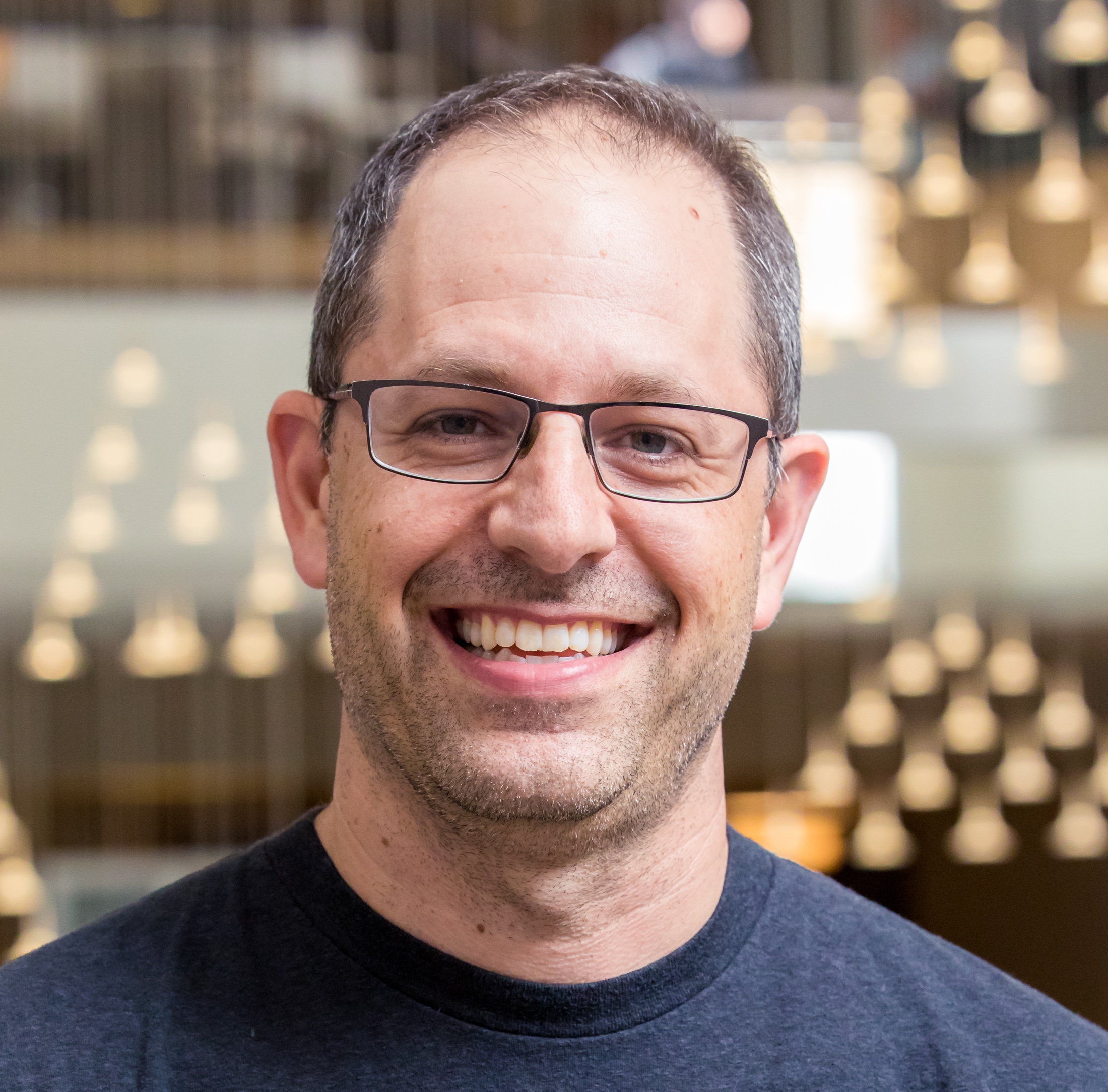I was recently struck by a piece by Elena Aguilar, the “coach’s coach,” about acting in one’s sphere of influence to create change. She writes that when looking at making change in the world, the best place to start is within one’s sphere of influence. In other words, systemic change is not just a collective responsibility, it’s also an individual responsibility.
In my own household, I have to say that I splurged a bit with food over the last 15 months. Certainly I am both lucky and advantaged not to suffer from food insecurity like more than 35 million people in America. But one source of comfort for our family during the pandemic has been extra snacks and goodies. What with a 14 and 17 year old schooling from home, I felt like the least I could do was get the Trader Joe’s cheese puffs, ghost pepper chips, the mandarins and peanut butter chocolate cups. And of course, I cooked plenty for dinner.
And yet, within my own family I’ve started recently to make small changes in our systems, knowing that more than 40 million tons of food are wasted every year in the US - not to mention the wasted energy and water associated with the wasted food. As the home chef and shopper, I am trying to better size our dinner portions, to rightsize our purchases of fruits and veggies so they don’t spoil, and get our family of four to tackle leftovers more regularly. These efforts don’t, in any way, discount the larger systemic reforms that are necessary to address climate change or my own role in those changes, rather I am making small systemic shifts in my “team” to align with our values.
At Education Elements, we are working in much more thoughtful ways to create more equitable systems and structures across schools, and that means we must also consider changes we can make within our own sphere of influence. That is, while we are in the business of working with schools and districts - to affect change in their systems - it has been important for us to also look internally at our own structures, systems, and norms.
Over the last few years, Ed Elements has undergone many changes and introduced multiple initiatives of varying scales in an effort to make our workplace more equitable and inclusive. A few of these have included:
- Making pay parity non-negotiable. For us this means, new hires starting in consulting roles will be paid the same starting salary regardless of their previous pay history. We do this now because we know that historically women and BIPOC staff are underpaid -- one study found that woman can lose more than $400,000 over their lifetime; and if we were to base a starting salary -- for a fully qualified hire -- on their prior salary history, we would be perpetuating an injustice and working contrary to our own beliefs.
- Making Juneteenth an organization holiday for the last two years. The day serves as a day of remembrance and celebration in which people from all backgrounds can reflect on freedom and independence, honor and celebrate Black culture, and do our part towards becoming a better people. When we can mark the day as a paid holiday, we can communicate its importance both to our team and to our clients.
- Making more widespread use of identifying pronouns. Many within our organization now use their preferred pronouns in their signature line, and as part of their Zoom names. And while doing so is not a requirement, the norm has changed over time even within our own company. In fact, I remember starting to do this 2 years ago without fanfare - and having the opportunity to explain why to a couple my colleagues, who as close readers said, what’s the “he/him” by your name? Over time, many others have added it as well, creating a more inclusive space, and I hope, more psychological safety - which as we know is one of the cornerstones of successful teams.
Knowing that individuals and individual organizations can make change, particularly within their spheres of influence, how might you use this summer to shift the structures of your team or organization to be more inclusive and equitable?




